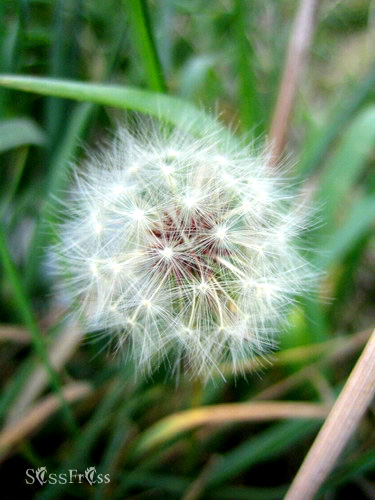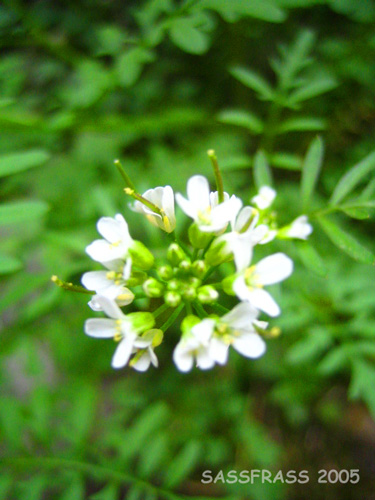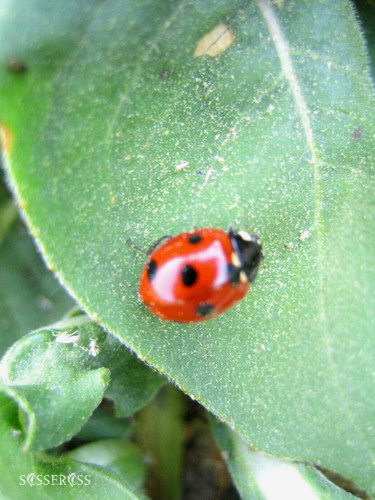在漫長的冰冷前短暫的溫暖,在漫長的等待前短暫的幸福感~
Indian summer In·di·an sum·mer (plural In·di·an sum·mers) noun
1 (深秋時節) 連續的暖和氣候, 小陽春
2 (事物) 最後的一段美好時光
the Indian summer of the administration 內閣末期的輝煌時期
Definitions:
1. mild autumn weather: a period of mild sunny weather occurring in autumn in the northern hemisphere
2. time of calm: a calm or productive and enjoyable period toward the end of somebody's life or the end of a process, period, or activity
Fox Paws.
Dear Word Detective: Last week I was talking to someone and used the phrase Indian Summer. After it came out of my mouth I realized that I'd just used the term in a conversation with an American Indian. I've been wondering since then if I may have said something offensive to her. I've asked many people I know if they know how that phrase got its beginnings, but no one seems to know. Did I make a faux pas? -- Renee, via the internet.
Hard to say. If it's any comfort, you could have been asking etymologists and lexicographers all week about "Indian summer," that brief period of warm, clear weather in late autumn, and you still wouldn't have gotten a definite answer.
We do know that "Indian summer" first appeared in the 1770's in an essay about winter in the colonies written by a French immigrant farmer named, hold on to your hat, J. Hector St. John de Crevecoeur. J. Hector described Indian summer as "a short interval of smoke and mildness," which raises several possibilities about the name. The smoke may have been due to the Indians setting fires to drive game out of hiding before heavy snows made hunting more difficult, or they may have been burning grasslands to prepare for the next spring's planting. It is also possible that the Indians were taking advantage of this last bit of good weather to move to their winter hunting grounds.
It is possible, on the other hand, that "Indian summer" is a disparaging use of "Indian" to mean "false" or "unreliable." The most well-known example of this syndrome is the term "Indian giver," meaning someone who gives a gift, only to later take it back. ("Indian giver," incidentally, is based on a misunderstanding of Indian traditions, where a gift was given in expectation of receiving one of greater value in return, but never "taken back.")
I tend to believe that there's nothing wrong with "Indian summer" because early uses of the term make no mention of it being a "false" summer, stressing instead the various activities of the Indians mentioned above.
INDIAN SUMMER
[Q] From Ben Bratt: “A British colleague and I were commenting on the wonderful autumn weather here in Michigan. We agreed that it felt like an Indian Summer. Further conversation revealed that he thought the term originated in the country (and warm weather) of India, while I thought it referred back to the Native Indian tribes of North America. Can you clarify for us, please?”
[A] You’re correct to say it’s connected with Native Americans, though nobody seems to know quite how.
The first reference that we have is from a book with the title A Snow Storm as it affects the American Farmer, which was written by a French-American farmer named J H St John de Crèvecoeur in about 1777. In it he said “Then a severe frost succeeds which prepares it to receive the voluminous coat of snow which is soon to follow; though it is often preceded by a short interval of smoke and mildness, called the Indian Summer” (I am indebted to David Barnhart and Alan Metcalf for quoting this in their book America in So Many Words).
There are several explanations for where the phrase came from, mostly put forward in the early nineteenth century, which suggested the term was of sufficient antiquity by then that its origin had gone out of living memory. William and Mary Morris suggest it came about because the word “Indian” had been adopted as a term among early colonists to describe something false, or a poor imitation of the real thing, as in Indian corn or Indian tea.
Whatever the reason, this name for a short period of fine weather at the end of autumn is now the standard term, even in Britain, where older names such as St Luke’s summer, St Martin’s summer or All-Hallown Summer are now obsolete or rare.


 字體:小 中 大
字體:小 中 大












